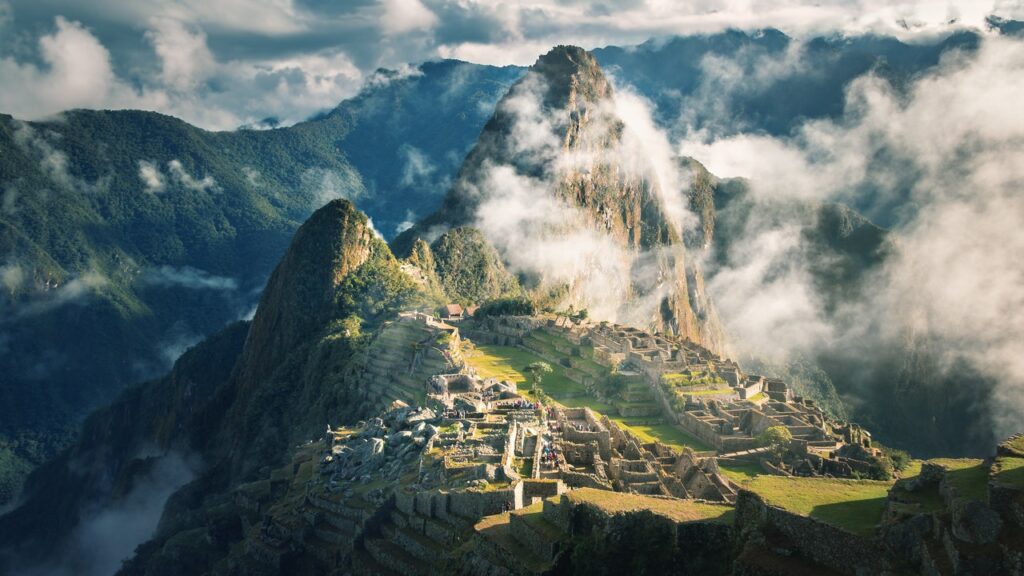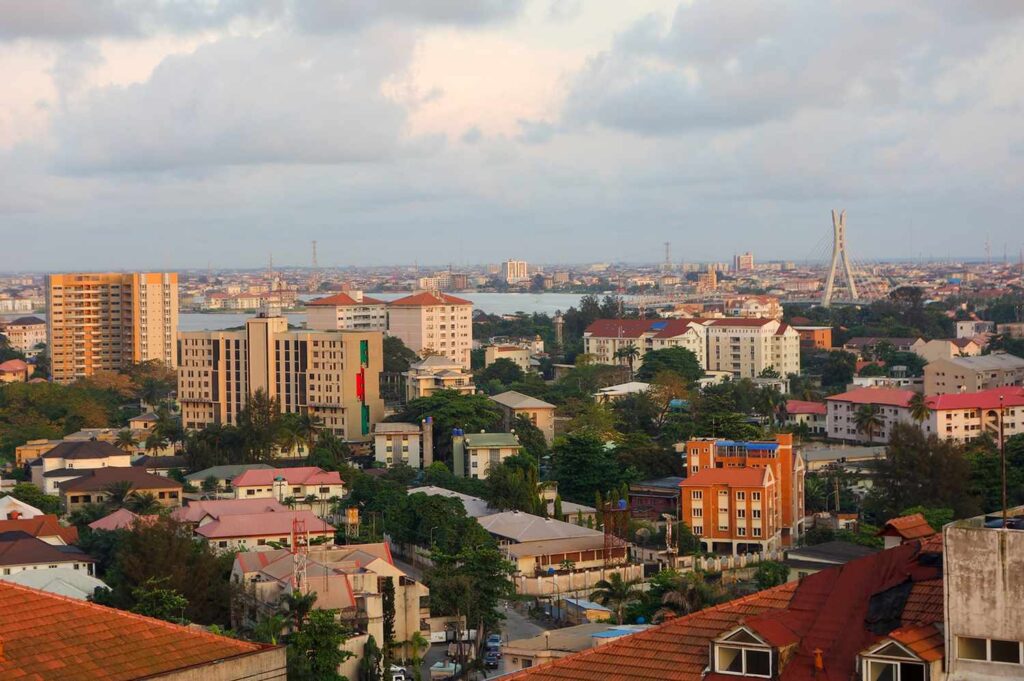During this wetter time, the site transforms: stone terraces flush green, hidden waterfalls spring to life, and morning mist create atmospheric reveals of the citadel. Even better? The timing aligns perfectly with peak season along the Peruvian coast, making it a no-brainer to combine Machu Picchu with diverse destinations around the country. “More travelers are discovering this split-season strategy,” says Mosquera. “You can explore misty ruins early in the trip, then travel down to Lima’s world-class restaurants or Mancora’s beaches where summer’s in full swing.” The temperatures at Machu Picchu stay moderate, and the rain typically sticks to a predictable afternoon schedule rather than full-day downpours.
When is peak season in Machu Picchu?
While June through August marks the traditional peak, visitor patterns ebb and flow throughout the year in distinctive waves. The rhythm starts with Holy Week in late March, when Peruvian travelers arrive in force, overlapping with spring break crowds from the United States from mid-March through April. Then comes the longest surge: summer vacation season from May through September, bringing steady streams of visitors from North America and Europe. Cultural celebrations add another dimension. “Inti Raymi, on June 24th, transforms the entire region,” explains Cochran of Peru Empire. “It’s the most important celebration in the Incan calendar, and Cusco erupts with traditional dances all month.” Watch for similar surges around Peru’s Independence Day (July 28), when domestic tourism peaks.
How many days do I need to spend in Machu Picchu as a first-timer?
Don’t let Machu Picchu’s three-hour basic circuit fool you. “Plan for four to five nights minimum in the Cusco region,” advises Cochran. “You need time to adjust to the altitude—we’re talking 8,000 feet [above sea level]—but more importantly, you need time to grasp the bigger picture.” The site itself reveals different facets of Incan brilliance through various circuits, from sophisticated urban planning to precise celestial alignments. But the real revelation comes from exploring the surrounding Sacred Valley, where Machu Picchu emerges not as an isolated wonder but as the pinnacle of an entire civilization.
Where you base yourself shapes the experience. Belmond Sanctuary Lodge is the only hotel at the citadel entrance, offering unmatched access for sunrise or sunset visits. In Aguas Calientes below, Sumaq Machu Picchu Hotel provides luxury with a different perspective—60 rooms including three suites with whirlpool tubs. Not staying overnight? Consider passing through aboard Belmond’s Hiram Bingham train, which turns the journey itself into an event with dining cars, a Pisco sour bar, and an open-air observation deck for soaking in the Andean landscape.
When visiting Machu Picchu for the first time, where should I go?
First-timers need to understand Machu Picchu’s circuit system before booking. The site offers year-round routes, but some of its most dramatic trails—including the Inca Bridge and Intipunku (Sun Gate)—are exclusively available during peak season (June 1 to October 15), when weather conditions are most reliable. All visits require advance booking, with prices ranging from $40 for basic circuits to $52 for mountain routes.


